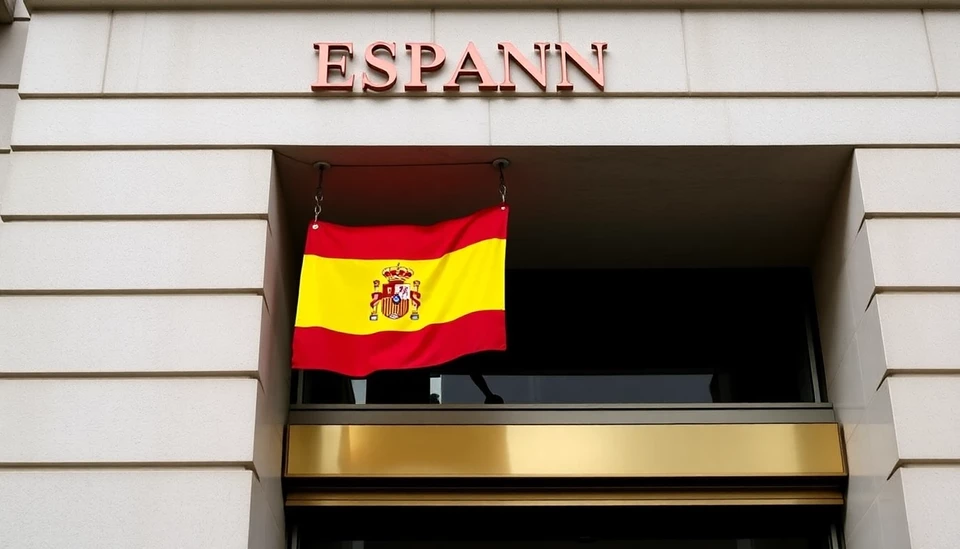
In a significant move to address soaring inflation and rising energy costs, the government of Spain has announced a substantial increase in the windfall tax applied to the country’s largest financial institutions. This decision reflects a broader trend in Europe where governments are seeking to tap into unexpected profits gained by major corporations during times of economic distress.
Originally introduced in 2022 as a temporary measure, the windfall tax was set at 4.8% on the earnings of banks that exceeded a predetermined threshold. However, under the latest regulations, the Spanish administration has escalated this rate to 7.5%. This hike is poised to generate approximately €1.2 billion ($1.3 billion) in additional revenue to help finance social programs and energy subsidies aimed at supporting citizens grappling with high living costs triggered by dwindling resources and economic recovery from the pandemic.
The Spanish government has emphasized that the goal of the increased taxation is twofold: to ensure that banks contribute fairly to the societal challenges exacerbated by economic disruptions and to promote financial stability as the nation navigates ongoing uncertainties. By holding major banks accountable for their elevated profits, the government hopes to redistribute wealth more equitably among its populace.
This enhanced taxation policy comes amidst a backdrop of heightened scrutiny on the banking sector across Europe, particularly as many institutions have reported record profits in the wake of rising interest rates implemented to combat inflation. Several financial experts and economists are forecasting that other nations may soon follow Spain’s lead, proposing similar measures designed to extract revenue from the financial sector.
Leading Spanish banks, including Banco Santander and BBVA, have voiced their concerns regarding the potential ramifications of this increased levy. The banking sector insists that further taxation could stifle growth and deter investments, which are crucial for strengthening the economy and promoting job creation. Nevertheless, government officials stand firm on their position, arguing that addressing the immediate economic challenges faced by the Spanish people is paramount.
The Spanish government's new tax takes effect immediately and is firmly positioned within a broader framework of fiscal reforms aimed at maintaining economic resilience. Prime Minister Pedro Sánchez reaffirmed his commitment to ensuring that economic recovery is inclusive and benefits all layers of society, particularly those most affected by soaring energy prices and inflationary pressures.
As this tax policy unfolds, it is anticipated that the Spanish banking sector will reassess its strategies moving forward, particularly in light of the potential impact on profitability and investment decisions. Analysts will be closely monitoring the reactions from both the banks and the market, as well as [potential legislative challenges](https://www.bloomberg.com/news/articles/2024-11-22/spain-s-government-slaps-top-banks-with-higher-windfall-tax) from opposition parties regarding the fairness and effectiveness of this windfall tax increase.
The implications of this tax adjustment are likely to reverberate throughout the European financial landscape, potentially prompting similar fiscal policies in other economies grappling with the dual pressures of managing inflation and ensuring financial sector accountability.
As Spain ventures into this uncharted territory of heightened taxation on its financial giants, all eyes will be on the developments that follow, as economic stakeholders endeavor to strike a balance between profit and social responsibility.
#Spain #WindfallTax #BankingSector #EconomicPolicy #Inflation #Finance #PedroSanchez #Investment #CorporateTax #SocialResponsibility
Author: Samuel Brooks




